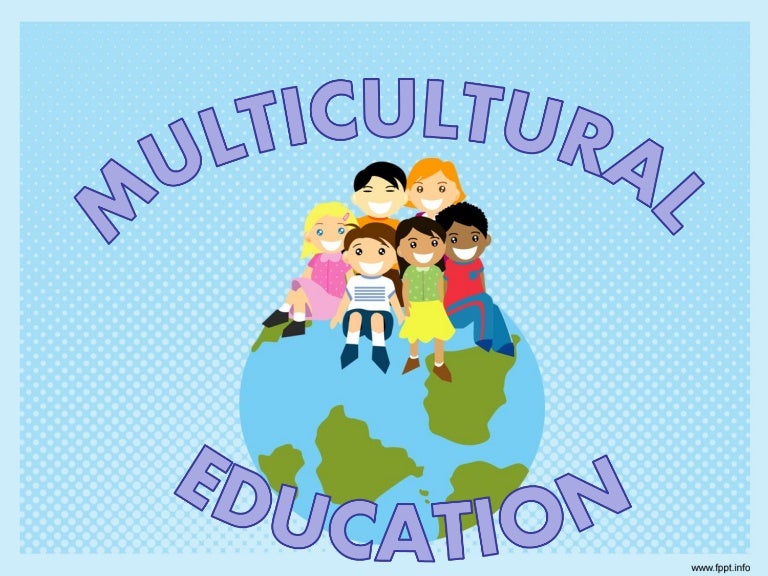Student Agency
Agency is defined as the ability to make one's own choices and decisions, to be able to control one's own life. Adults have this in all sorts of ways; they can choose to go to college, to call out of work when they are sick, and to live in a city with public transit as opposed to buying a car. These are only a few examples, but even something as simple as choosing toaster waffles over cereal for breakfast is an example of agency, and it is something people often take for granted.
In traditional schooling, however, agency is often removed from the educational lives of the students. Sure, they can choose which pen to write their essay with, but what good is that if they can communicate their knowledge better with a PowerPoint and are not given the option to do so?
Multiple well-respected experts (Vygotsky, Skinner, and Bandura, to name a few) in the field indicate that agency is vital to learning. There are many uses for agency, from rebelling against social norms, to interacting with others in social contexts. It helps people build their own identities and interact with the world, and yet many schools remove agency from students, preferring to instead continue to teach the way they always have, and service only a few.
There is a trend, however, of teachers who have begun to do away with the old method of teaching in preference of allowing their students more agency, and further engaging them in academic concepts in styles that resonate with the individual students. Teachers can do this by adding a Genius Hour to their classroom schedule--a time for students to engage in research regarding a part of their learning that has caught their interest. They can also allow students to choose their own seating chart, or how they wish to move forward with an end of unit project--be an essay, a PowerPoint, or a video.
Agency is vital for every student, though, including the EL students, who need their own assistance with agency in a classroom whose language sounds so very different than what they are used to. To support an EL student's agency, teachers start with 2 simple things:
- Let students speak. Though it sounds obvious on the surface, this is often harder than people expect. For example, many teachers do not allow the use of an EL's native language in the classroom, which results in students struggling to learn English in social settings where it is necessary and keeps the students from building connections between their own language and English. Furthermore, when students are using English, it is often the educator's instinct to correct their incorrect attempts, thus interrupting them. All this does is lower the student's confidence, and discourages them from speaking English, because they begin to feel that their attempts will not be good enough.
- Encourage Students to Share their Culture. Assimilation into North American culture is an entirely different process from learning English, but many teachers still force assimilation on their students, which gives the message that the child's choice to be proud of their culture and family is the wrong choice, and that simply is not true.



Comments
Post a Comment